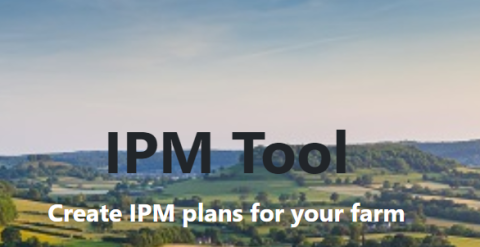Access the IPM guidance for pulse crops below.

This guidance documents provides advice on IPM measures for pulses insect pests and diseases.
Recommended Content
Connected Content
ADAS provides ideas, specialist knowledge and solutions to secure our food and enhance the environment. We understand food production and the challenges and opportunities faced by organisations operating in the natural environment
Integrated Pest Management highlights the growth of a healthy crop with the least possible disruption to agro-ecosystems and encourages natural pest control mechanisms. IPM is one of the tools for low-pesticide-input pest management, and IPM must now be implemented by all professional agchem users.
Pulses are leguminous crops harvested for dry protein-rich seed, with peas (pisum sativum) and beans (vicia faba) being the major crops in the UK.
The NFU represents more than 46,000 farming and growing businesses. Our purpose is to champion British agriculture and horticulture, to campaign for a stable and sustainable future for British farmers and to secure the best possible deal for our members. We strive to protect and promote British farm life and give our members a voice now and in the future.
The government’s adviser for the natural environment in England. We help to protect and restore our natural world.
Catchment Sensitive Farming is a free farm advice programme funded by the UK government. It works with farmers, communities, and organisations across England to improve the quality of water, air, and sustainable water management.
We deliver transformational projects to drive productivity and boost farming and supply chain businesses. We want the industry to thrive in a rapidly changing world and continue to produce high quality food, maintain our beautiful landscape and leave a legacy for generations to come.
Scotland’s Rural College (SRUC) was established in 2012 through the merger of the Scottish Agricultural College (SAC) with Barony, Elmwood and Oatridge Colleges. Through these institutions, we can trace our lineage back over 100 years.
Field beans (vicia faba) are a widely grown break crop across the UK on around 170,000 ha.









